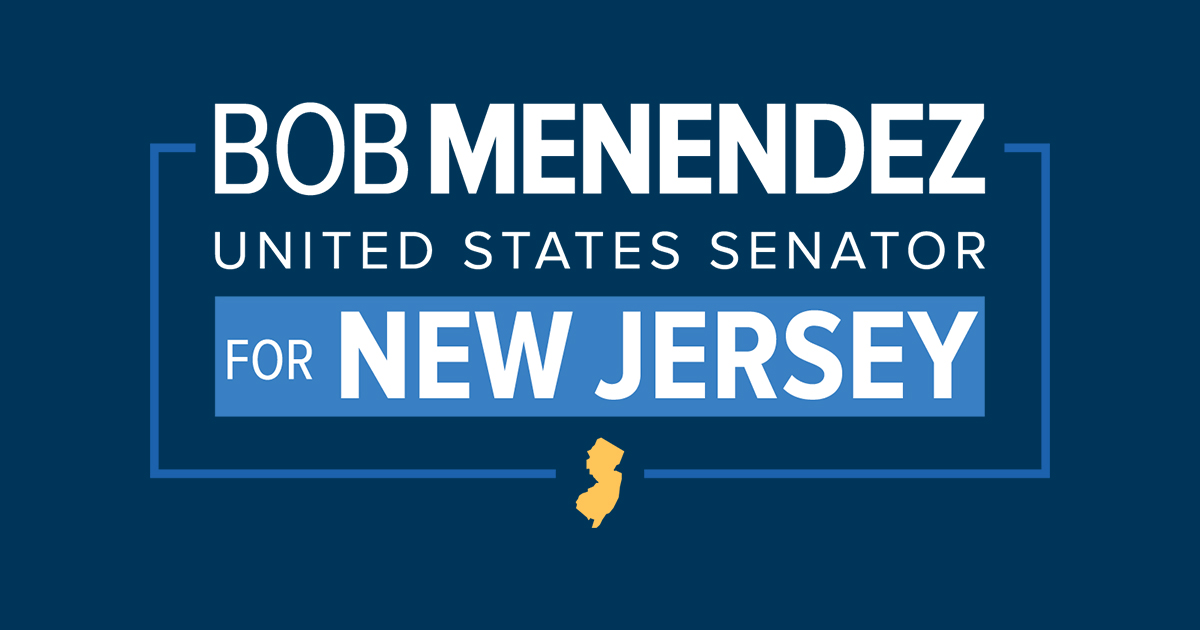Source: United States Senator for New Jersey Bob Menendez
WASHINGTON, D.C. – U.S. Senator Bob Menendez (D-N.J.), a senior member of the Senate Banking Committee, renewed his efforts against insider trading by introducing the Insider Trading Prohibition Act (S. 3990) alongside Sen. Jack Reed (D-R.I). The legislation, which would establish a clear statutory prohibition against insider trading, was discussed at today’s Senate Banking Committee hearing entitled “Keeping Markets Fair: Considering Insider Trading Legislation.”
Sen. Menendez pointed out the tangible negative effects insider trading has in the economy and pushed back on the notion of this being a victimless crime. “Insider trading can increase market volatility and reduce confidence in markets and companies at the expense of shareholders. It’s important that Congress enact strong and clear limits on insider trading to protect investors and the economy as a whole,” said Sen. Menendez.
[embedded content]
The Insider Trading Prohibition Act would clearly define the offense of insider trading under the law and remove some of the uncertainty that has curtailed securities regulators’ and law enforcement’s ability to effectively pursue and prosecute insider trading cases.
When corporate insiders and others who wrongfully obtain inside information trade on it, they essentially engage in theft. But currently – and to the shock of many Americans — there is no federal statute on the books specifically banning insider trading. Rather, the unlawfulness of insider trading is predicated on the notion that insider trading is a type of securities fraud under the Securities Exchange Act of 1934 and subject to broad judicial interpretation. With courts left to define much of the law on a case-by-case basis, the result has been an unnecessarily complex, inconsistent, and uncertain legal standard.
According to the Securities and Exchange Commission (SEC), illegal insider trading, as currently defined by the courts, refers generally to buying or selling a security, in breach of a fiduciary duty or other relationship of trust and confidence, while in possession of material, nonpublic information about the security. Insider trading violations may also include “tipping” such information, securities trading by the person “tipped,” and securities trading by those who misappropriate such information.
The Insider Trading Prohibition Act aims to distill the offense of insider trading to clear, bright line rules: if a person trades a security on the basis of information that the person is aware is material and nonpublic and is aware was wrongfully obtained, then that person has engaged in unlawful insider trading.
The Insider Trading Prohibition Act:
- Makes it unlawful for a person to trade while aware of material, non-public information if that person knows, or has reason to know that the information was obtained wrongfully, for example, through theft, bribery, hacking, misappropriation, or a breach of a fiduciary duty for a personal benefit.
- Prohibits those with material, nonpublic information from wrongfully passing along that information to others, or tipping them, if the person is aware that the communication would result in trading and the recipient does in fact trade based on that communication.
A copy of the bill can be downloaded HERE.
Sens. Menendez and Reed are the authors of the Stop Illegal Insider Trading Act (S. 702) introduced in 2015.
###
